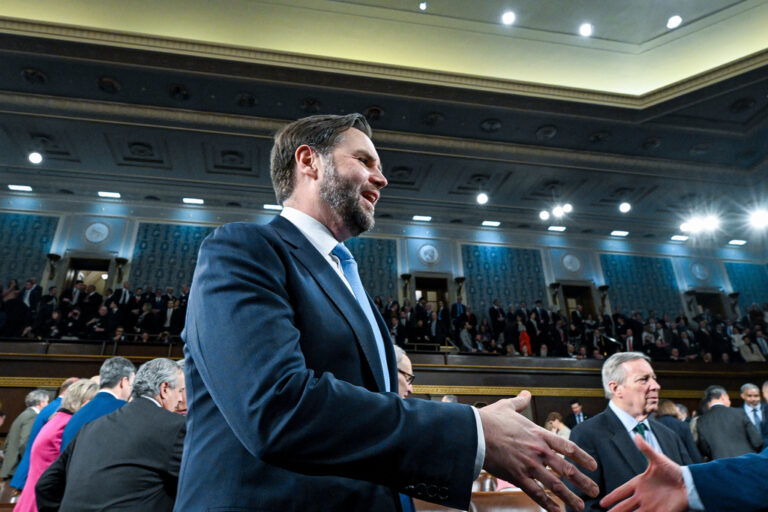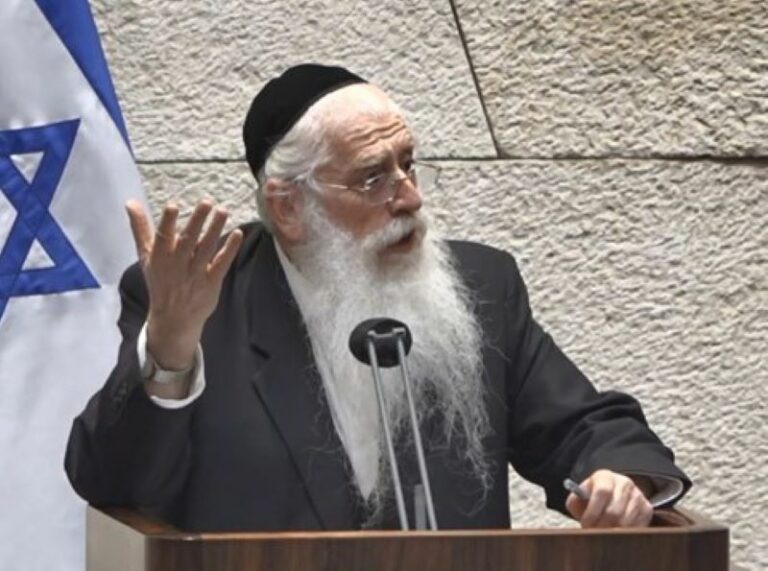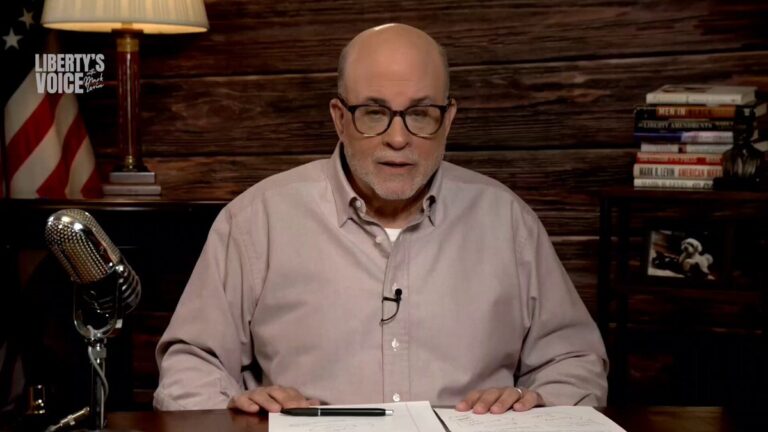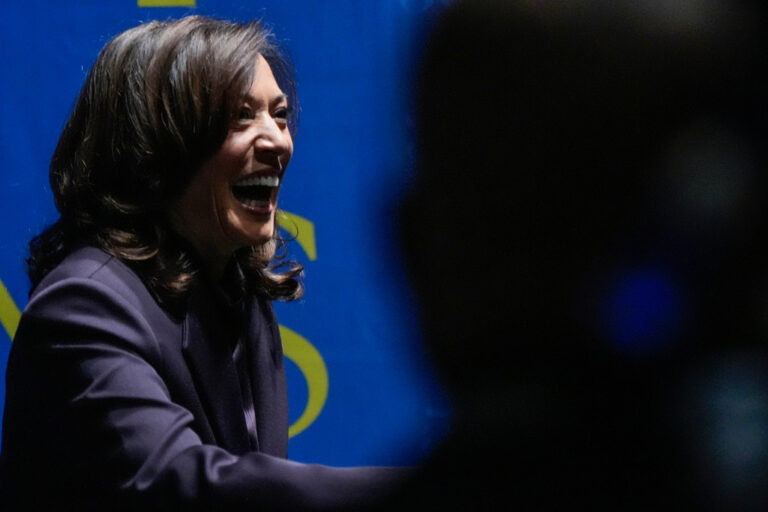People familiar with the plights of the LGBT community know that tremendous strides have been made over the last few decades to usher in a new era of rights. Although we have come far in some parts of the world, the struggles for equality continue to this day. We are going to take a look at how the attitudes towards sexual minorities have transformed in the last century and what work remains to be done.
Gay Rights Movement Nowadays
Before we delve into the history of the LGBT community and gay rights, we should take a look at the current situation. For the most part, gay people have better protections under the law than they have had at any time in modern history, at least in the United States, Canada, and parts of western Europe. Gay people can adopt children, have protections for hate crimes, and are generally more accepted now than ever before. From a technological standpoint, many modern gay dating and informational websites exist just for the sole purpose of helping gay people throughout their lives. You can easily find a local gay dating site that provides services for gay men in today’s world, offering them tidbits of advice about relationships with other guys as well as how to maintain a mutual interest. Users take that information and apply it to their interactions on a modern gay dating service, ultimately finding worthier partners interested in flirting and dating. The fact that LGBT people have a place of their own to start seeking romantic matches shows the vast improvements to gay rights. An insular community provides safety and privacy along with plenty of available matches for gay people to start relationships. Still, many places around the world, including the U.S., are fighting for improvements in terms of gay marriage, social acceptance, workplace protections, and more.
A Little History of How the LGBT Community Got Started
The LGBT community was created out of the desperation that each individual group felt when it came to dealing with societal oppression. Most people understand that the history of the LGBT groups is muddled and hard to parse since the primary concern in the early 20th century was gay men. The Society for Human Rights took up the call to petition for gay rights in the U.S. in 1924, but it wasn’t until 1951 that the Mattachine Society was formed, the first recognized gay rights group. From there, the LGBT community continued to develop with lesbian groups, such as the Daughters of Bilitis. From that point on, the community started to coalesce into something of a more rounded group that we would recognize today. However, it was the Stonewall Riots that brought more of the Trans rights into the forefront of the community’s mindset. From that point on, it was difficult to talk about one group’s rights within the LGBT community without overlapping with the others. That being the case, the community began to appear more frequently to seek out better conditions for its members and educate individuals so that they did not have to suffer the same difficulties as previous generations. Currently, the LGBT community is simultaneously riding a wave of support and seeing pushback, with some countries renewing efforts to undermine the LGBT community.
Timeline of Important Events
A timeline of the most significant LGBT events is difficult to compile from the standpoint of completion, but some elements stand out.
· Obergefell v. Hodges (2015) is the Supreme Court case that upheld the rights of same-sex couples to marry in the United States.
· 2013 Proposition 8 was deemed unconstitutional, allowing gay marriages to continue in California.
· Don’t Ask, Don’t Tell (1993) allowed LGBT individuals to participate in the military so long as they did not take part in homosexual behavior.
· HIV Epidemic in the 1980s – the stigma against gay men reached a fever pitch until famous names came forward as victims of HIV and AIDS.
· 1977 Harvey Milk became the first ‘out’ gay elected official to hold office.
· Stonewall Riots (1969) resulted in six days of rioting by the LGBT community in response to police harassment.
These are some of the most important moments in recent history, not including the founding of many of the aforementioned LGBT organizations. These years defined the LGBT community and helped create the world of increasing acceptance that many people live in today.
Although many parts of the western world have made tremendous strides when it comes to recognizing LGBT rights, much work remains. Some countries put gay people to death, and many others do not recognize LGBT marriages. Moreover, places that have been progressive in the past are attempting to roll back freedoms all the time. The future LGBT community as a whole will see the same struggles of the past crop up again.










